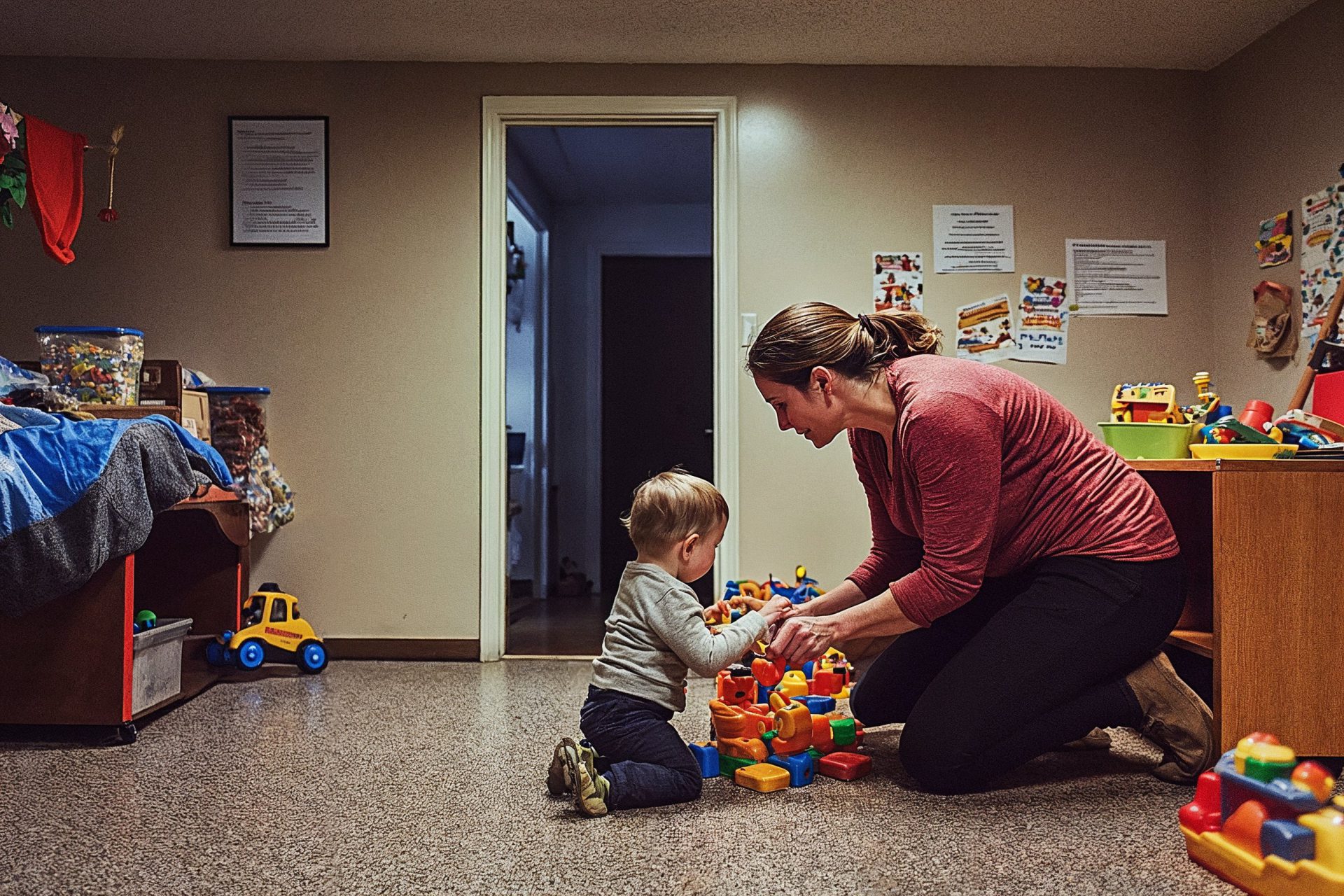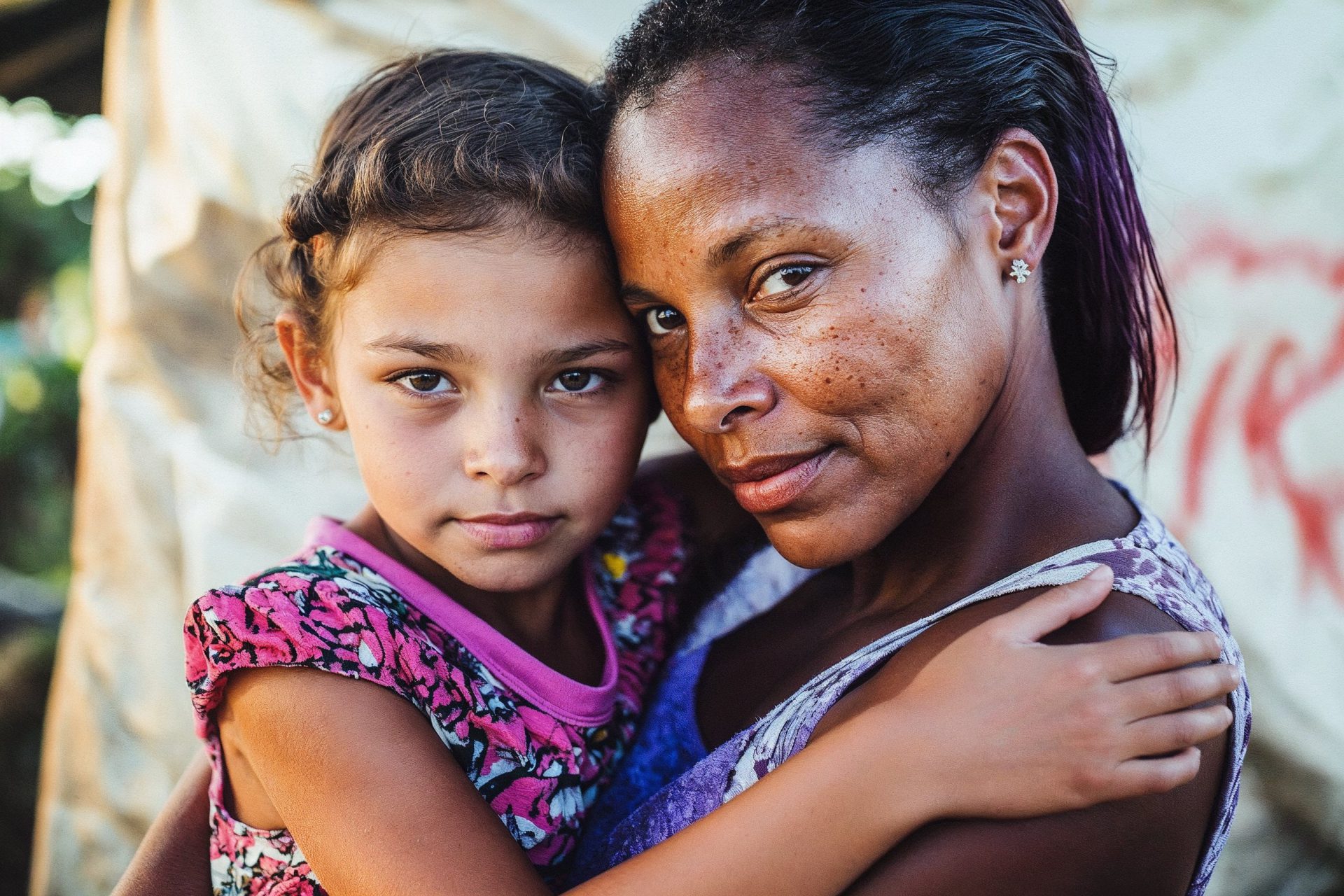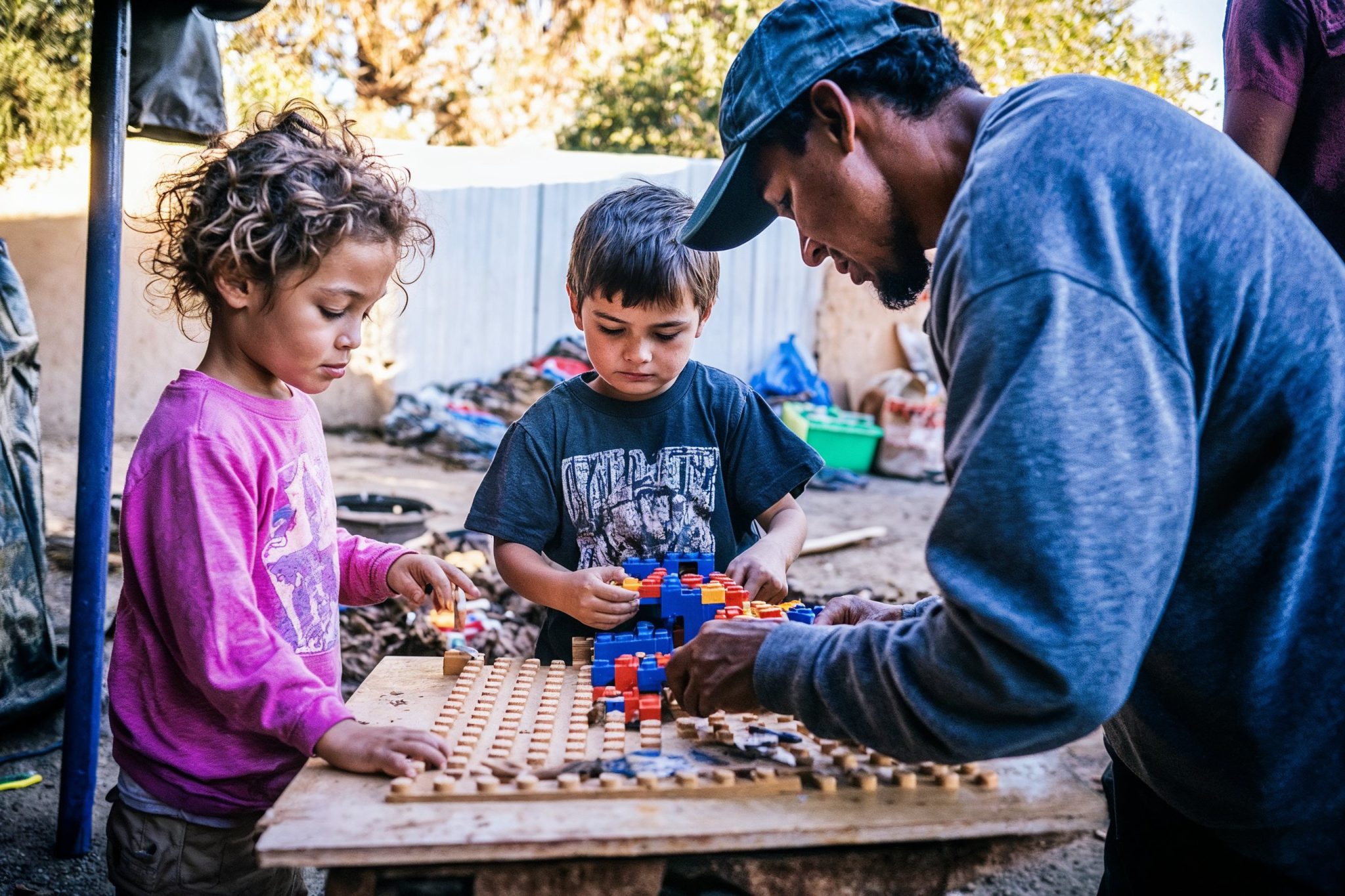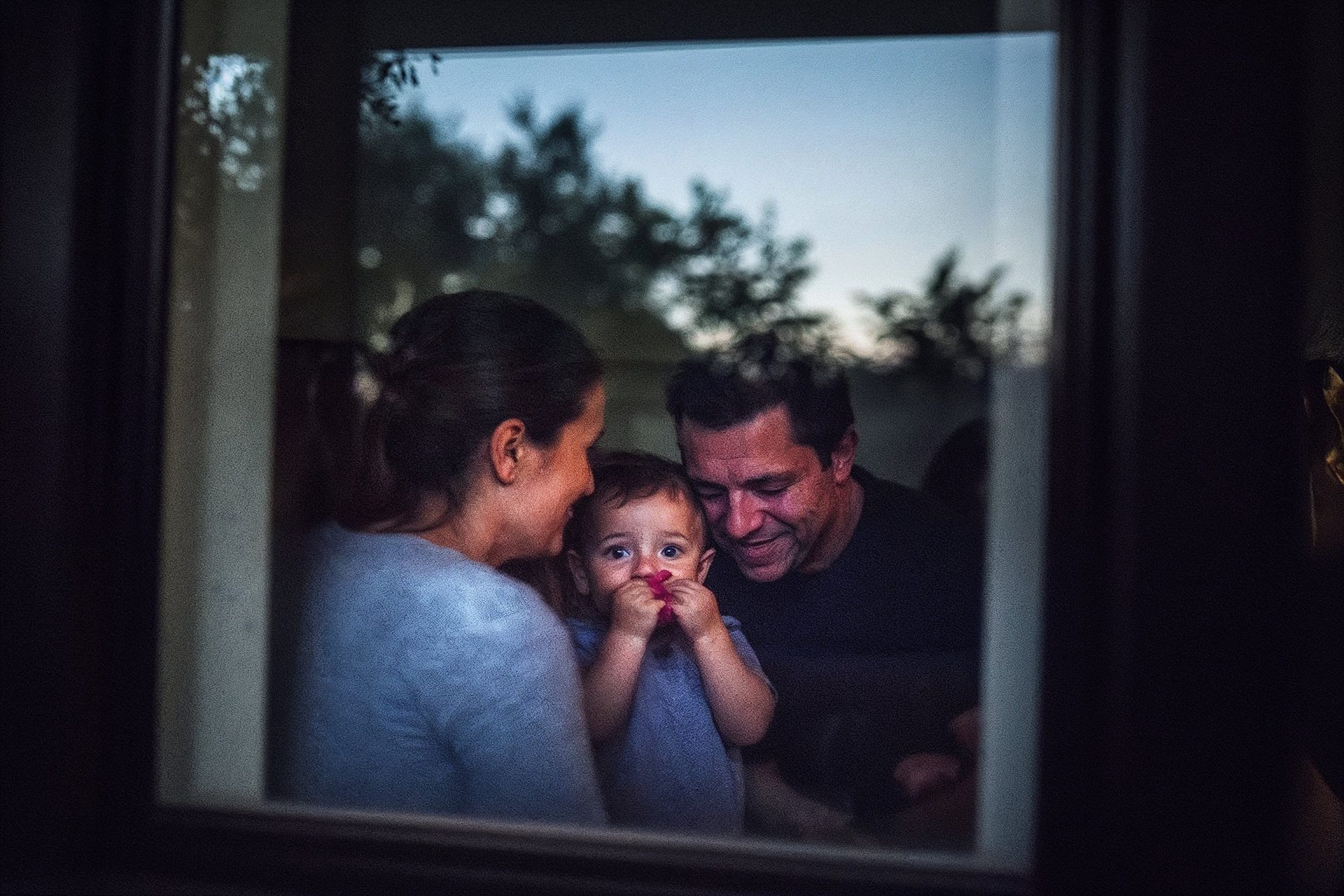Statistics and Prevention
The impacts of abuse, neglect, trauma, and mental health struggles
Awareness of the realities faced by those in our community is the foundation on which meaningful change can be made.

Creating a better future for our community’s most vulnerable people
The Priority Center provides assistance and resources for people in crisis in Orange County. We help children, parents, and seniors with support for today, tools for tomorrow, and solutions for the future.
Quantifying the Crises in Orange County
These statistics are more than just numbers. They represent real people and the incredible challenges they are forced to face.

Protecting children and adults from abuse is a societal responsibility
Every child has the right to grow up in a safe, healthy, and nurturing environment, but the reality is that almost five children die each day in America due to child abuse. It is one of our society’s greatest ills, and protecting children from abuse should be of paramount importance to every community.
The consequences of abuse for children and adults
Society as a whole bears the costs of child abuse and neglect, with annual direct and indirect costs estimated at $103.8 billion. Children who experience child abuse and neglect are 59% more likely to be arrested as a juvenile, 28% more likely to be arrested as an adult, and 30% more likely to commit violent crimes.
Recognizing the Signs of Child Abuse
Unexplained injuries
Visible signs of physical abuse may include unexplained burns or bruises in the shape of objects. You may also hear unconvincing explanations of a child’s injuries.
Changes in sleeping
Abused children may have frequent nightmares or have difficulty falling asleep, and, as a result, may appear tired or fatigued.
Changes in behavior
Abuse can lead to many changes in a child’s behavior. Abused children often appear scared, anxious, depressed, withdrawn, or more aggressive.
Changes at school
Abused children may have difficulty concentrating in school or have excessive absences, sometimes due to adults trying to hide the children’s injuries from authorities.
Return to earlier behaviors
Abused children may display behaviors shown at earlier ages, such as thumb-sucking, bed-wetting, fear of the dark or strangers. For some children, even loss of acquired language or memory problems may be an issue.
Lack of personal care or hygiene
Abused and neglected children may appear uncared for. They may present as consistently dirty and have severe body odor, or they may lack sufficient clothing for the weather.
Fear of going home
Abused children may express apprehension or anxiety about leaving school or about going places with the person who is abusing them.
Risk-taking behaviors
Young people who are being abused may engage in high-risk activities, such as using drugs or alcohol or carrying a weapon.
Changes in eating
The stress, fear, and anxiety caused by abuse can lead to changes in a child’s eating behaviors, which may result in weight gain or weight loss.
Inappropriate sexual behaviors
Children who have been sexually abused may exhibit overly sexualized behavior or use explicit sexual language.
Stop abuse by contacting Child Protective Services
If you suspect that a child is in trouble, please help by calling Child Protective Services. You can choose to remain anonymous if you prefer.

Suicide Prevention Resources
People of all ages benefit from some common tenets of wellness, but the specific ways that wellness and resilience are supported change throughout their lifespan.
Building resilience is important at all ages, and strategies can be tailored depending on what is enjoyable or accessible depending on your age.
Throughout our communities, many people are continuing to experience mental health challenges, trauma, burn-out, and fatigue due to the prolonged impacts of the pandemic and natural disasters.
Californians are encouraged to recognize the importance of strengthening resiliency, protective factors, and physical and emotional wellness throughout the lifespan and at different life stages.
Together, we can take action to support mental health and suicide prevention by educating ourselves and others, checking in, and reaching out to resources for support when needed.

Support our cause: volunteer or donate today
Make a donation or volunteer with The Priority Center to help break the generational cycle of trauma in Orange County.
Take the first step in your journey of healing
If you are experiencing a crisis and need support, we are here to help. Find the right program or get in touch with us today.
Community Partners



